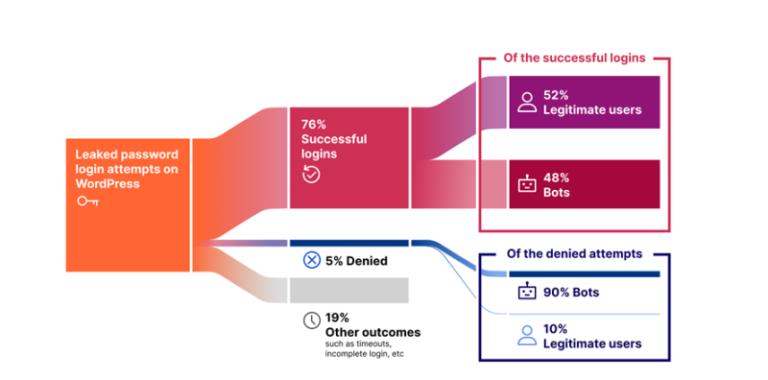
The China’s Ministry of State Security (MSS) issued a declaration revealing the identities of four members of the “Information, Communications and Electronic Force Command,” aligned with “Taiwan independence” forces. Authorities emphasized that cyberspace is not an ungoverned domain, and urged these individuals to cease their activities designed to undermine national unity.
The disclosed individuals include Lin Yushu (born 1979), head of the Network Environment Research Center; Cai Jiehong (born 1993), a group leader; and Nian Xiaofan (born 1982) and Wang Haoming (born 1990), active center personnel. The MSS also released their photographs and Taiwanese identification numbers.
According to Chinese intelligence, meticulous surveillance of cyber activity originating from Taiwan has been conducted in recent years. Investigations have successfully identified key organizers and perpetrators of cyber warfare directed against mainland China.
The “Information, Communications and Electronic Force Command” was established in 2017 as the fourth branch of the Taiwanese military, and in 2022 it became an independent unit reporting to the island’s defense ministry. Its duties encompass conducting cyber operations, including information and electronic warfare, as well as providing technical communication support.
According to MSS data, since its inception, this unit has served as a tool for separatist forces, orchestrating cyberattacks and infiltration into mainland China. To accomplish their objectives, they enlist hackers and private cybersecurity firms. Their methods include hacking critical infrastructure (water supply, power grids, communications), distributing phishing emails, stealing credentials to breach internet platforms, and disseminating propaganda and fabricated information.
Since 2023, this “internet army” has employed pseudonyms such as “Anonymous 64” to conduct disinformation campaigns in the interests of Taiwanese authorities. They actively utilize open-source tools, including AntSword, IceScorpion, Metasploit, and Quasar, and construct fictitious platforms to showcase spurious achievements.
The MSS noted that internal corruption prevails within Taiwan’s cyber army: high-ranking officials exploit lower-level personnel as “cannon fodder,” usurp their accomplishments, inflate budgets, and fabricate reports of completed tasks to obtain bonuses.
The Chinese Ministry of State Security warned that the path of “Taiwan independence” leads to a dead end. Authorities will undertake decisive legal measures to suppress all forms of cyber espionage and activities that threaten national sovereignty.


